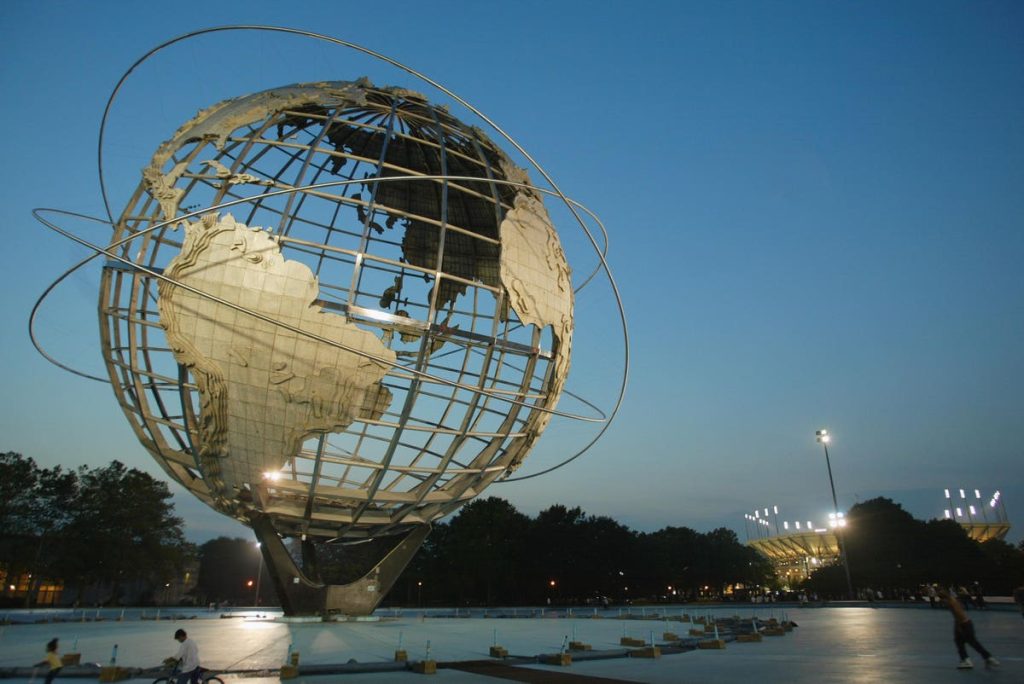Iran has imposed internet restrictions 14 times already this year. India has shut down the internet nine times, while Pakistan, Ethiopia, Mauritania, Senegal, and Turkey have also cut public access to internet communications. Overall, there were 42 new state-sanctioned internet disruptions in the first half of 2023, according to a report from VPN provider Surfshark. But 40 more are still ongoing from last year.
Add it all up, and 2.35 billion people in 29 countries have had their internet access restricted or completely blocked for periods of time so far in 2023: up from the 2.08 billion in the first half of 2022.
The number one driver?
Tamping down protests against government actions.
Iran’s internet shutdowns, for example, were a government response to continuing protests over the 2022 Zahedan uprising that saw 96 protesters killed and 300 injured when they demonstrated against police violence to women. India cut internet access for 27 million people while arresting 112 people and hunting for a Sikh separatist.
“Today, billions of people are subjected to internet restrictions, which continue to increase at an alarming rate,” Surfshark spokesperson Gabriele Racaityte-Krasauske said in a statement. “Internet restrictions often happen in times of political unrest, such as protests, controversial elections, or even military action—which is when people need to be connected to one another the most.”
Another significant offender: the Russian Federation.
The internet restrictions in Russia aren’t new: the country banned Twitter, Facebook and Instagram following its invasion of Ukraine in 2022, and the restrictions are still in effect. (Many Russians, however, appear to be using VPNs to continue accessing the banned services.)
Brazil has a similar service-specific ban: a judge ordered a ban on the messaging platform Telegram. And for years China has imposed the great firewall that blocks access to most Western services and imposes significant censorship—and surveillance—on the local population.
While those restrictions are country-wide, most are local, Surfshark says. There were only 10 country-side internet restrictions in the first half of 2023, with 24 regional ones. Countries that imposed complete internet blackouts include Mauritania (twice), Senegal, Sudan, Pakistan and Cuba.
The most frequently blocked services include Facebook, Twitter, YouTube, Instagram, Telegram, WhatsApp and TikTok.
Read the full article here










